:::ICCE 2015
Keynote Speakers
C2 : ICCE Conference on Computer-supported Collaborative Learning (CSCL) and Learning Sciences |
|
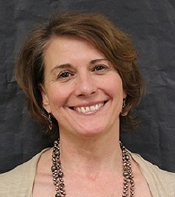
|
Danielle McNAMARA, Arizona State Univeristy, USA |
|
Title of Speech: |
|
|
Abstract: |
|
C1: ICCE Conference on Artificial Intelligence in Education/Intelligent Tutoring System(AIED/ITS) and Adaptive Learning |
|
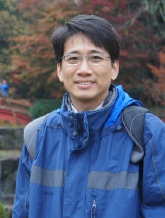
|
Chen-Chung LIU, National Central University, Taiwan |
|
Title of Speech: |
|
|
Abstract: |
|
C3: ICCE Conference on Advanced Learning Technologies (ALT), Open Contents, and Standards |
|
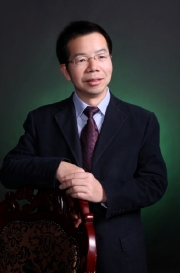
|
Ronghai HUANG, Beijing Normal University, China |
|
Title of Speech: |
|
|
Abstract: |
|
C6:ICCE Conference on Technology Enhanced Language Learning (TELL) |
|
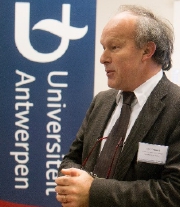
|
Colparet JOZEF, University of Antwerp, Belguim |
|
Title of Speech: |
|
|
Abstract: Big Data is an inevitable revolution, but it has already become a blurred ontology at the same time. And so have concepts such as flipped classrooms, digital natives, blended learning, 21st century skills, MOOCs, serious games, virtual environments and digital pedagogy. Who coined these terms, what was the rationale behind them and what are their current acceptations? Pervasive terminology may be persuasive and put pressure on educators and even researchers. In the first part of his keynote, Jozef Colpaert will defend the idea that in the field of educational technology, we need to focus on an accurate specification of these terms (as ontologies) in order to allow for more effective knowledge building in our communities of research and practice. In a second part, he will look at data from a variety of perspectives: the Internet of Things, Open Data, The Semantic Web, Open Educational Resources, MOOCs, Learner Analytics, and Research Data. He will present the pitfalls and affordances associated with personalization and contextualization of the learning process, with the authoring of learning content and with educational engineering as research method. Finally, he will discuss with the audience to what extent these phenomena might –or not- support us in redesigning our language learning and teaching environments. |
|
Invited Speakers
|
|
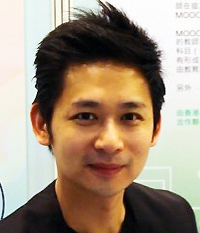 |
Morris Siu-Yung JONG, The Chinese University of Hong Kong, Hong Kong |
|
Title of Speech: Design and Implementation of Context-aware Outdoor Social Inquiry Learning: Our "Edu Venture" Experience |
|
|
Abstract:
|
|
|
|
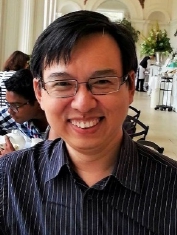 |
Huei-Tse HOU, National Taiwan University of Science and Technology, Taiwan |
|
Title of Speech: Designing mini game-based learning activities for flipped classroom: "Mini-flipped GBL" games, activites and learners' behavioral pattern analysis in Taiwan |
|
|
Abstract: Flipped classroom emphasizes learner self-learning and teachers’ further guidance for higher-level cognitive learner-centered discussions. The speech will focus on the challenges and limitations in applying the flipped teaching methods, including how to handle the motivation for learner self-learning and the quality of discussions, how to deal with issues like the anxiety from social interaction during discussion activities, and what the assisting role game-based learning(GBL) can play in this trend. The speaker will introduce mini flipped GBL, which is proposed by the speaker’s research team. This teaching approach aims to design and apply 5-20 minute mini GBL teaching activities that integrate mini games, gamification mechanism, cognitive processing, social psychology interaction analysis, and empirical analysis. Mini flipped GBL features learners’ self-learning, immediate evaluations, and scaffolding feedbacks. The speaker will also introduce the application and promotion of mini flipped GBL in Taiwan, related industry-academic cooperation, relevant games, and teachers’ experiences in mini flipped GBL application. In addition, a series of innovative learning behavioral pattern analysis for BIG-DATA logs of educational games proposed by the research team will be introduced. |
|
C7: ICCE Conference on Practice-driven Research, Teacher Professional Development
|
|
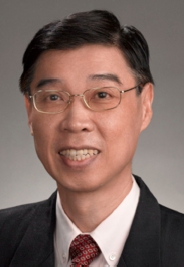 |
Chee-Kit LOOI, Nanyang Technological University, Singapore |
|
Title of Speech: |
|
|
Abstract: |
|
